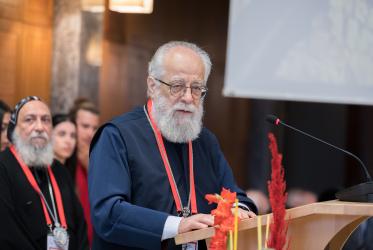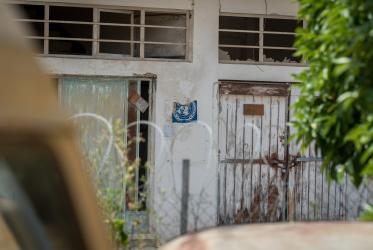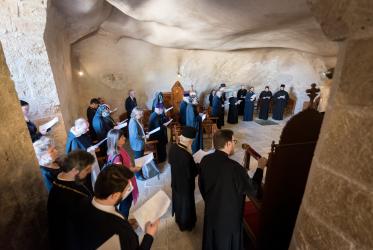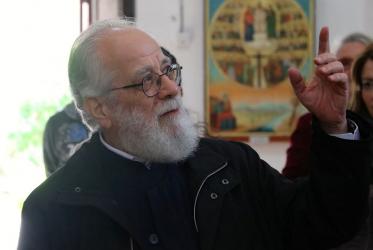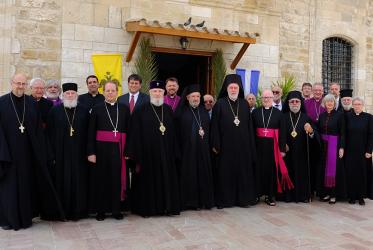Displaying 1 - 16 of 16
Anglican–Orthodox International Commission releases communique
01 November 2018
“Walking Together” project explores pilgrimage traditions
19 December 2016
Facilitating peace with passion
26 July 2016
WCC welcomes resumption of peace talks on Cyprus
18 May 2015
Churches in Cyprus share aspirations of unity
26 November 2014
Pilgrimage of justice and peace gives vision for WCC programmes
22 November 2014
